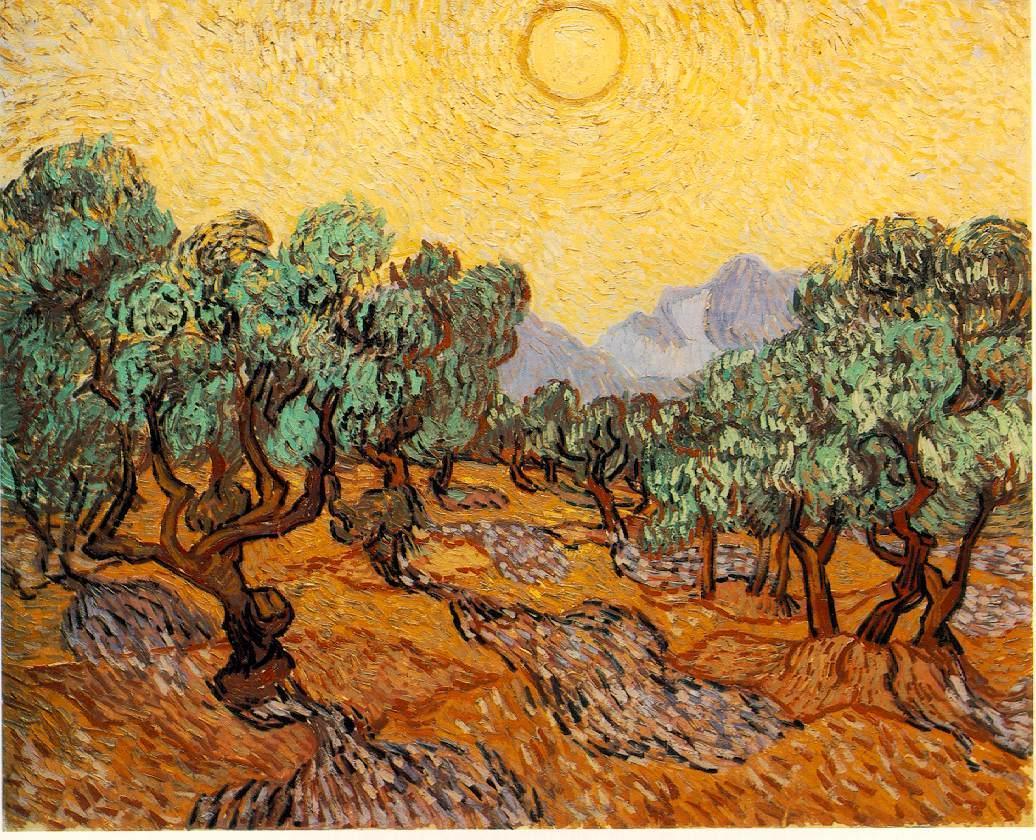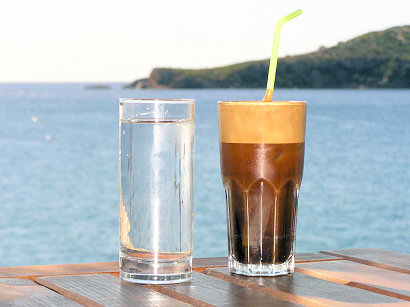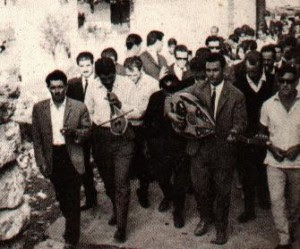According to the ancient Greek legend the birthplace of the olive tree is the city of Athens. The first olive tree according to the myth was given as a present to Athenians by the godess Athena in Acropolis. Ancient sources mention that after the first six Olympic games – where the winner received an apple as a trophy – kotinos, the olive wreath made from branches of an olive tree next to the temple of Zeus in Olympia was established a prize. In the Athenian celebration of Panathinea, whose process is represented in the (in)famous Elgin marbles, a very important presence was olive wreaths made from an olive tree in the temple of Erechtheion, while they Athenians were holding branches of olive trees.
Due to the very important role that olive trees have played in the every day life of all people of the Mediterranean, the branches, fruit and oil of olive trees have acquired a symbolic role and have a rather special role in various parts of life for these people. Many objects of ebery day use are found to carry drawings of olive branches or olives. Olives and olive trees are also an inspiration in clothing, jewlery etv.
Vincent van Gogh inspiredby olives and farm lige in southern France has drawn a multitude of paintings that centre on olive trees, while the Greek poet Kostis Palamas, one of the most famous and important poets of the 20th century has written a poem about olives and olive trees.
Olive trees blossom at the end of May and their fruit, olives, are harvested towards the end of autumn and beginning of winter. Traditionally olives are harvested by hand by laying clothes on the ground and dropping the olives on them. Farmers create piles of the collected olives which are then cleaned up by hand and are moved to the villages for further processing. This traditional process is still carried out in all parts of Greece even today and is one farming process that involves a rather large number of Greeks, even people that are living in cities and are not full time farmers.
Whether you decide to visit Crete or Porto Heli you are bound to encounter farming activities that are associated with olive trees as both regions are olive oil producers. Local olive oil from these regions is very high quality so be sure to sample it in our hotels.
Peloponnese Hotels – AKS Porto Heli – AKS Hinitsa Bay





